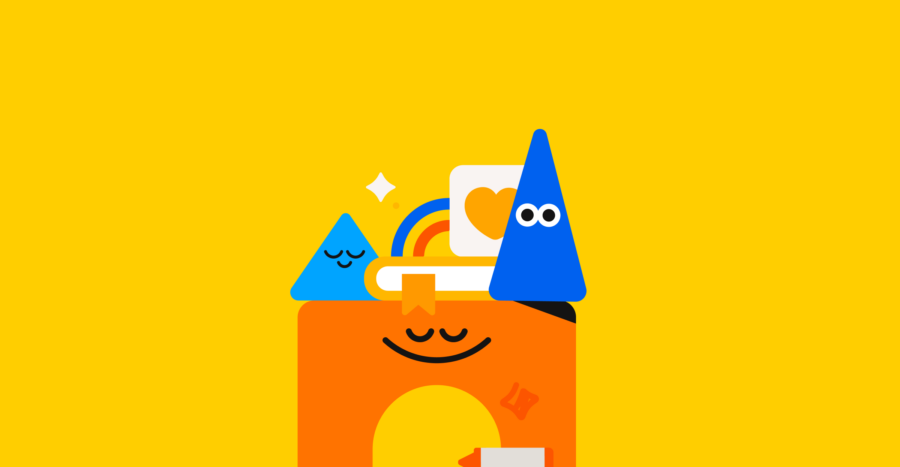Headspace has launched a new ‘Mindful Families’ content collection, offering support to those trying to navigate family life whilst also balancing their careers and their own mental wellbeing; as well as to children who are navigating a range of emotions as they age.
The launch is in response to a recent analysis of NHS data by YoungMinds charity which revealed the number of children in mental health crises has reached record levels in England. Research conducted by Unicef UK has revealed parents too are experiencing difficulties managing the stress of their careers and family lives.
Specifically, Unicef’s latest survey showed the majority of parents said they felt overwhelmed (49%), anxious (43%), unsupported (36%) and lonely (26%) all or a lot of the time in the past 12 months. Supporting these findings, data from charity Action for Children reports 82% of parents are burnt out, with mothers being more at risk.
The ‘Mindful Families’ content consists of a new Mindful Parenting collection which, in alignment with Headspace’s deep commitment to supporting parents and families, was created to support the journeys of parents and caregivers, meet them in their most acute need-states, and help them realise their long-term parenting goals, all while recognising the many commitments they have to juggle outside of family life as well.
Also within the new launch are two new series with Lily Singh’s Adventures of Unicorn Island, and the second series of the Goodnight World! Podcast in partnership with Sesame Street. The Unicorn Island content incorporates mindfulness principles to help children gain emotional-regulation skills to make sense of challenges in their lives; and Sesame Street audio series uses meditation and mindfulness techniques to help little ones unwind during their bedtime routines, aiming to set them up for success in school and life.
Whilst having content available for families to access and obtain support whilst juggling family life with the ongoing work pressures, it is also crucial to acknowledge many parents might find themselves needing additional support at work too.
Burnout has been a common theme across the workplace for many years, with employees often reporting feelings of burnout and stress. This is often multiplied for parents who are not only burnt out at work, but at home, too. Headspace’s 2023 Workforce Attitudes (WFA) report revealed that over a third of employees (35%) say they feel worse than they did last year in terms of their mental health. Therefore, as well as being worried about the children they have brought into the world, low job satisfaction and other work-related stressors are further contributing to the growing mental health crisis parents and caregivers are experiencing. The WFA report revealed 90% of caregivers within the workforce reported moderate to extreme stress over the past 12 months, with 76% of caregivers also being more likely to say they regularly use mental health benefits provided by their employer.
NHS waitlists for access to mental health services have reached record levels. Last year, Brits waited a total of over 5.4 million hours in A&E while experiencing a mental health crisis, and a quarter of patients are waiting 12 weeks or more for treatment. Delayed access to treatment can have a hugely detrimental effect on those in need which leads to further demands on an already struggling system
Whether we’re looking at our public health systems, our companies or our insurers – the solution is similar. Digital, preventative mental health solutions are the only realistic option.
From preventative care through 1000+ hours of self-guided meditation & mindfulness, to text-based behavioural coaching (available within two minutes) and therapy, employers can support mental health and well-being throughout an individual staff member’s mental health journey, including when acute needs arise, with an emphasis on prevention and affordability.
As parents and caregivers work to cultivate a supportive home environment for their children’s mental health, it’s important they don’t lose sight of their own wellbeing.
Joanne is the editor for Workplace Wellbeing Professional and has a keen interest in promoting the safety and wellbeing of the global workforce. After earning a bachelor's degree in English literature and media studies, she taught English in China and Vietnam for two years. Before joining Work Well Pro, Joanne worked as a marketing coordinator for luxury property, where her responsibilities included blog writing, photography, and video creation.



